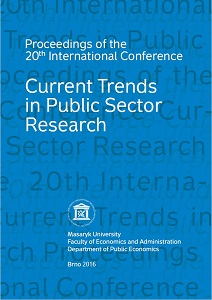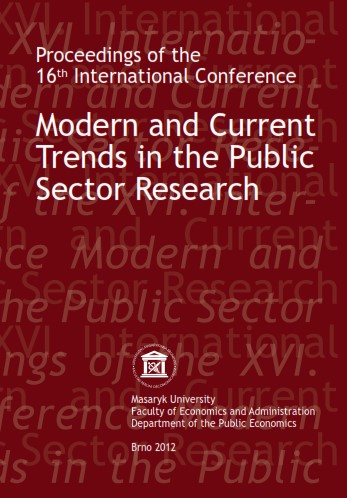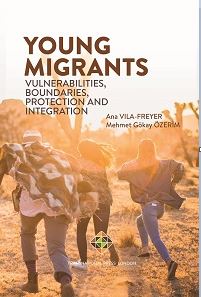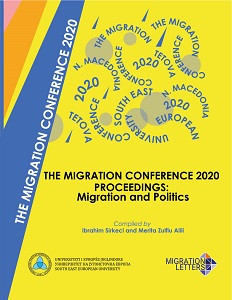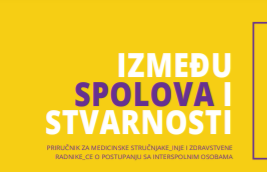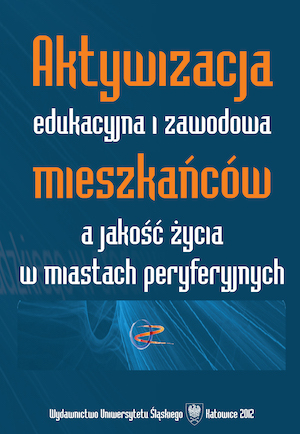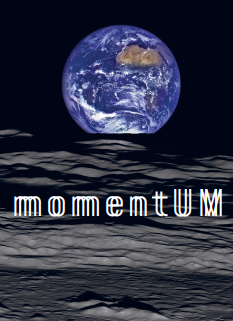
Personal Narrative, Educational Research and Multipolar Cosmopolitanism
I argue that the current discussion of cosmopolitanism and the cosmopolitan order demonstrates that more attention needs to be paid to the significance of contextual as opposed to generalizable knowledge of education, especially in relation to diversity and injustice within and between regions of the world. This is a familiar, if not uncontroversial, epistemological position in educational research, except that many such arguments ignore the unjust distribution of resources, voice and influence across the post-colonial world. This injustice has been widely discussed in relation to economic and macropolitics but is less often noticed in relation to the global use of educational research in policy and practice. In this article I argue that the use of personal narrative research may be a means for the less resourced, less heard, less influential parts of the world to resist implementing educational policy which is based in research carried out in other contexts, and which may be pernicious in its unintentional effects. It may also be a way of persuading the West to relinquish its modernist hope of overarching universals of propositional and practical knowledge, and acknowledge that the world is not only plural but variously multipolar, a world in which a range of poles exist in tension with the others.
More...
